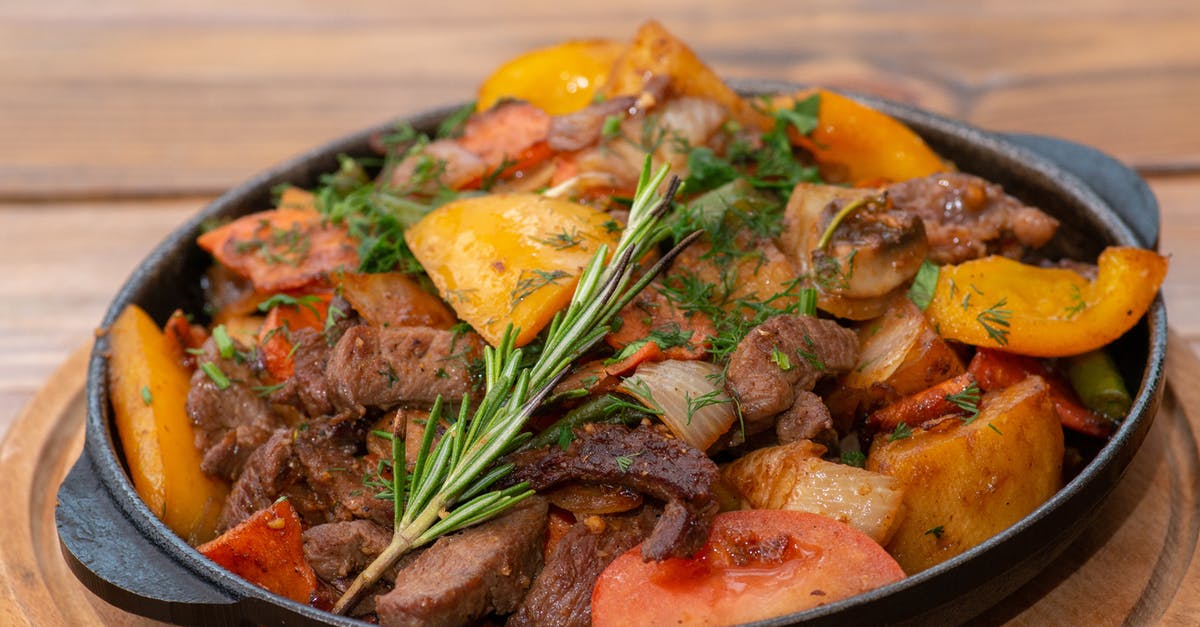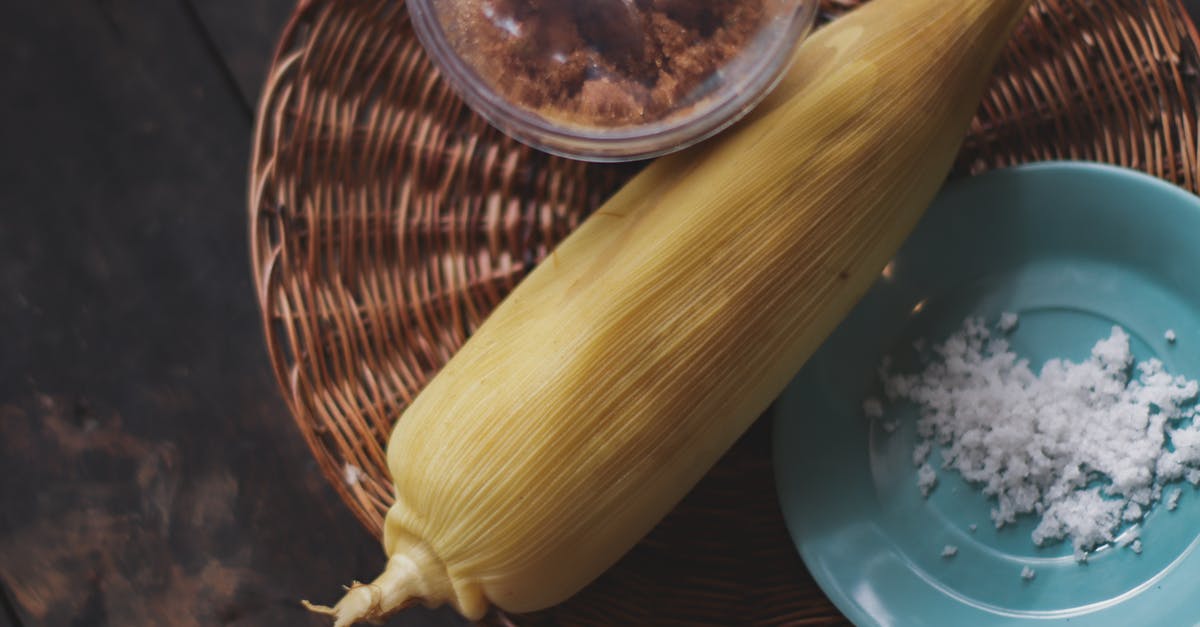hollandaise cooked all the way

I've never made hollandaise sauce.
So when making hollandaise sauce i'm concerned that the hollandaise sauce is not cooked through; since it calls for egg yolks.
How can you tell that the hollandaise sauce is cooked completely? What can you do to test that it's cooked completely?
Best Answer
You do not want hollandaise to cook completely.
"Cooked all the way" means that you cook food to a temperature where proteins (of which bacteria walls are made) completely lose their shape. When this happens to a bacteria, it stops functioning and the bacteria dies. When this happens to a protein we want to eat (meat, egg) it gets a certain stiff texture; it curdles. And this curdling process happens at a similar temperature for bacterial cell walls and for food proteins, which means that killing all the bacteria for certain automatically gives your food a certain texture.
Hollandaise is a food whose texture depends on not curdling. You are creating an emulsion between the liquid and the butter, using the egg yolk as emulsifier. It only works when its proteins are in a certain state, and they reach this state at temperatures between roughly 50 and 80 degrees Celsius, with best texture at (IIRC, don't have the source here) 72 degrees. If you were to cook it above that range, it would not work, and you would end up with tiny grains of cooked egg suspended in melted butter, which is not a hollandaise (even though it has been served to me under that name by well-meaning amateur cooks).
If you have heated your eggs to that temperature and held them at it for long enough to beat the emulsion, you have more or less pasteurized them. They are not as safe as cooked eggs, but this state is considered acceptable for consumption. Still, there are restaurants which choose to not serve yolk-emulsion based sauces because they fear that a single case of food poisoning can have large impact on their business. If you are afraid to eat eggs which are pasteurized but not cooked through, you have to stop eating hollandaise.
If you do not mind the risk of eating pasteurized eggs (which is much lower than the risk from eating raw eggs), then the fact that the hollandaise succeeded is enough by itself to indicate that the eggs are pasteurized to some degree. This is because your hollandaise won't emulsify well if your eggs are too cold. This is only true if you are using no additional emulsifiers; some cooks prefer to add a pinch of xanthan to ensure that their sauce will give a perfect emulsion in only a few seconds, and then you no longer have the guarantee that your eggs were heated to the optimal temperature range.
As the hollandaise process can partly succeed at temperatures too low to be considered a good pasteurization, the safer option would be to just use a thermometer (which has the side effect of also allowing you to make better hollandaise if you are not experienced enough to recognize eggs in the optimal temp range based on their whisking behavior). Aim for 72 degrees of your mixture while whipping. Hold the sauce at that temperature for longer for added security, but do not let it climb over 80 or thereabouts. Remember that prepared hollandaise has a certain thermal inertia because of the air beaten into it, so you cannot cool it quickly if you get it too hot. Also do not let it cool under 60, because then you are actually increasing the danger, not pasteurizing.
Pictures about "hollandaise cooked all the way"



Is hollandaise sauce fully cooked?
Some people worry about raw eggs in their hollandaise sauce. In this sauce, the eggs are cooked, they are just cooked very slowly to avoid curdling! Cooking the hollandaise allows for a thicker, yummy sauce for your Eggs Benedict.How do you know when hollandaise sauce is cooked?
The finished Hollandaise sauce will have a smooth, firm consistency. If it's too thick, you can adjust the consistency by whisking in a few drops of warm water.How do you fix overheated hollandaise sauce?
No matter how skilled you are in the kitchen, emulsion sauces like hollandaise sometimes \u201cbreak,\u201d or separate. If this happens, you can try to correct it by whisking in a teaspoon or two of boiling water, a drop at a time.The Food Lab: How To Make 1-Minute Hollandaise
More answers regarding hollandaise cooked all the way
Answer 2
@rumtscho is right (per usual). The trick with Hollandaise from scratch is to make sure it is always no older than 90 minutes. Best is to make it and serve it.
Many jurisdictions require restaurants to make a fresh batch if their egg based hollandaise is 90 minutes or older. That's why many places laze-out and use the powdered stuff in the name of safety.
If you need to convince yourself that the somewhat runny hollandaise is ok, consider that the temperatures at which hollandaise sets are similar to the temperatures at which many meats are cooked. Just use a thermometer to be safe and record your time.
Sources: Stack Exchange - This article follows the attribution requirements of Stack Exchange and is licensed under CC BY-SA 3.0.
Images: Pixabay, Brett Sayles, Ruslan Khmelevsky, Josh Wabe Pascual
